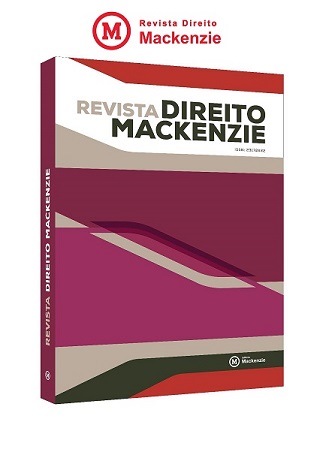LATE CITIZENSHIP AND CHILDREN
Child sexual violence and its recrudescence in light of the Covid-19 pandemic
Keywords:
Crianças, Pandemia, Violência Sexual, Covid-19, Direitos HumanosAbstract
The present study was conducted in immediate response to the Covid-19 pandemic, a period in which different human rights violations that already occurred in standard times became evident. Sexual violence against children and adolescents was analyzed as a silent and hidden crime in society, which has always presented severe occurrence rates and underreporting. During the pandemic, the identification and protection of victims became more difficult, as the vast majority were locked in their homes with their aggressors. The present work seeks to give visibility to this serious form of violence and to make society and the executive, legislative and judicial powers aware of the magnitude of this problem, and the urgent need to combat, once and for all, sexual violence against children and adolescents, protect and guarantee their fundamental rights with absolute priority. Through the use of the hypothetical deductive method, under the qualitative bibliographic approach, the legal framework that protects children and adolescents was described, under the analysis of T. H. Marshall’s conception of citizenship, highlighting the main measures implemented to protect against sexual violence, characterizing its occurrence and dimension of gravity in Brazil; finally, the incidence of sexual violence against children and adolescents, aggravated by Covid-19, was scrutinized.
Downloads
Published
Issue
Section
License
Copyright (c) 2022 Bruna Azzari Puga, Adalberto José Queiroz Telles de Camargo Aranha Filho, Gianpaolo Poggio Smanio

This work is licensed under a Creative Commons Attribution 4.0 International License.
The copyright of the articles published in Mackenzie Law Review belongs to the authors, who grant Mackenzie Presbyterian University the rights of publication of the contents, and the assignment takes effect upon submission of the article, or work in similar form, to the electronic system of institutional publications. The journal reserves the right to make normative, orthographic, and grammatical alterations to the originals, with the aim of maintaining the cultured standard of the language, respecting, however, the style of the authors. The content reported and the opinions expressed by the authors of the articles are their exclusive responsibility.











